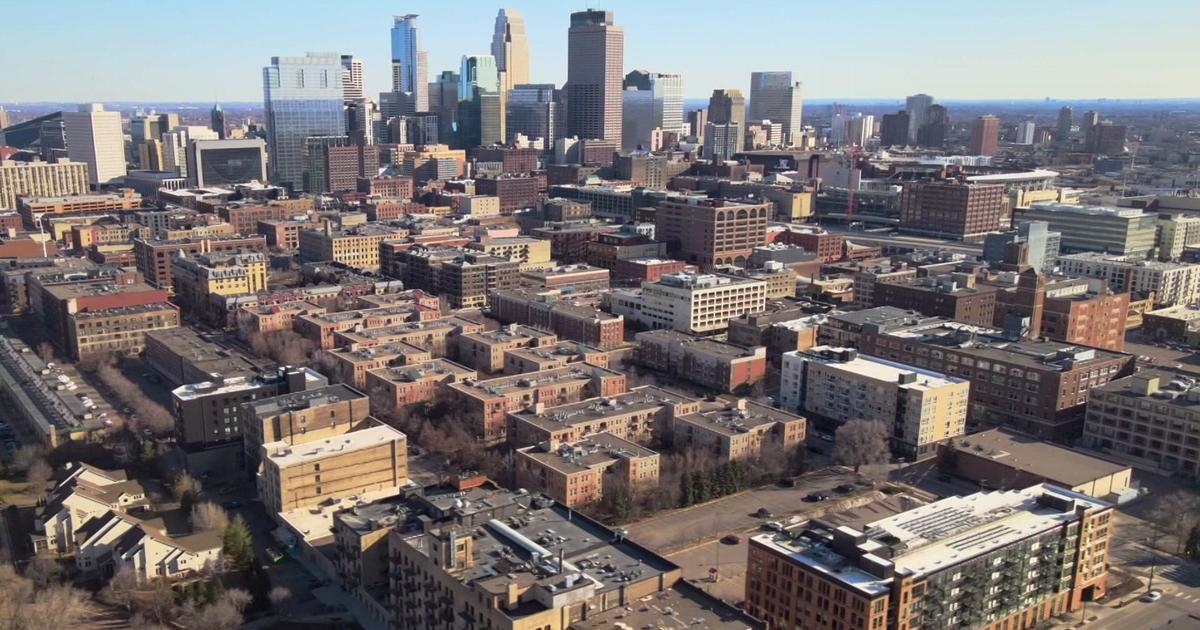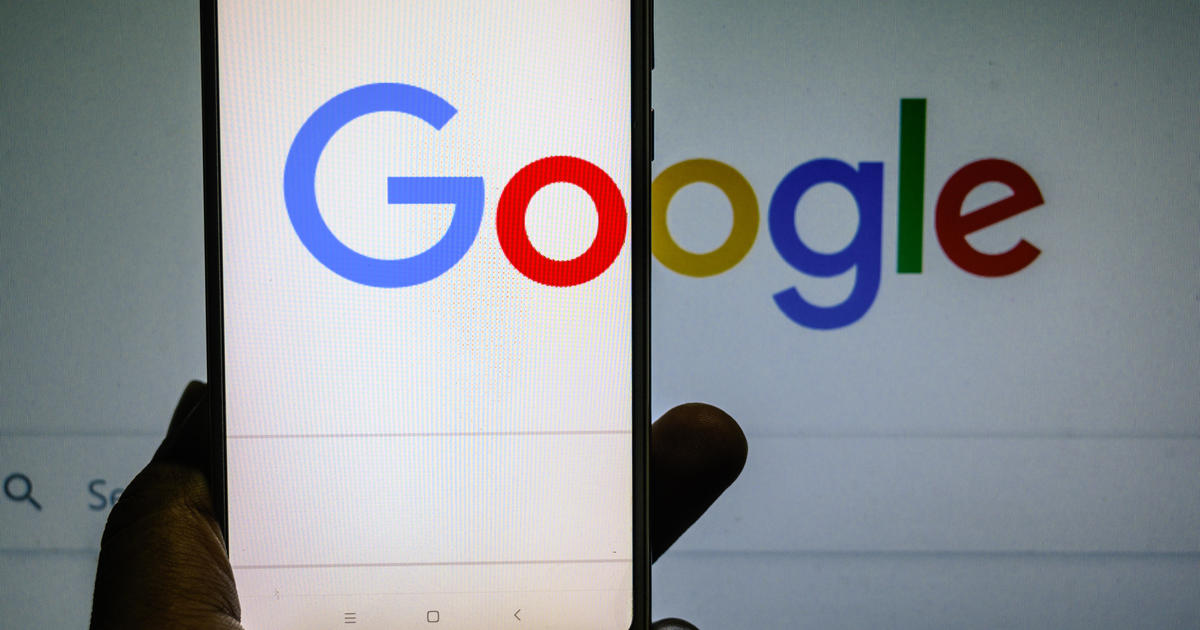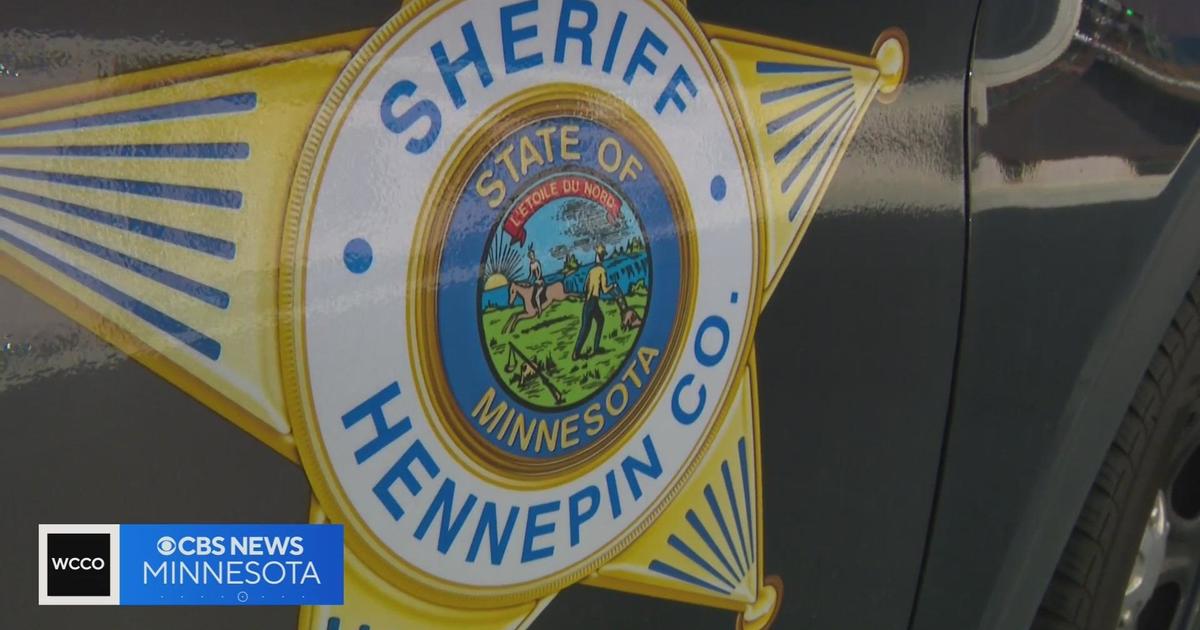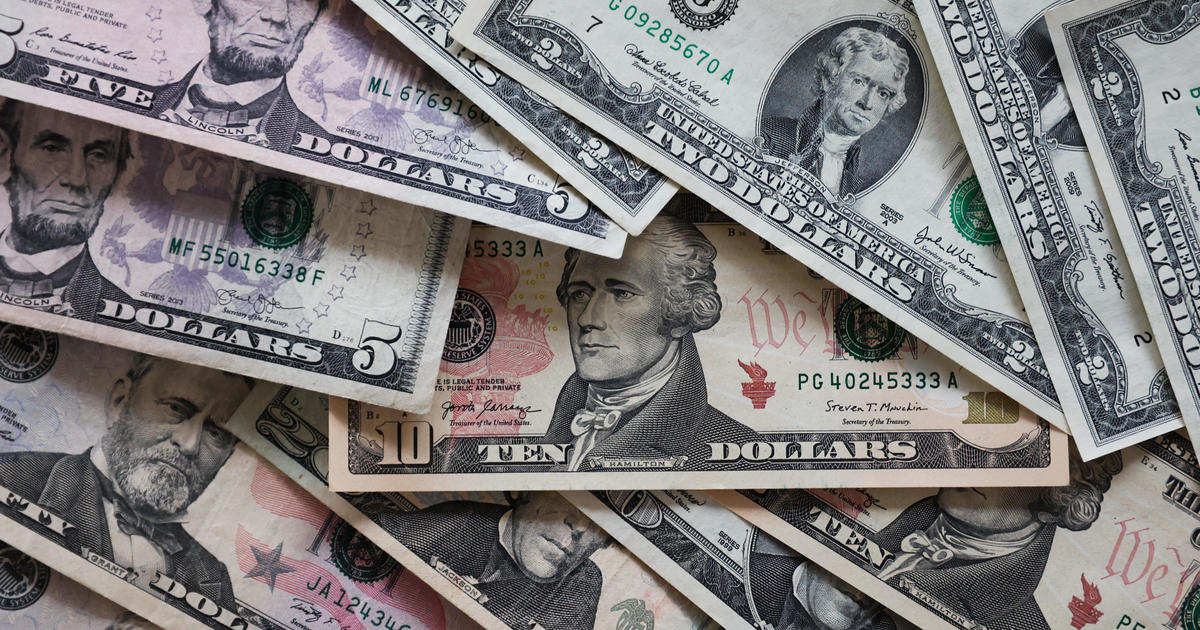Breaking The Rx Code: 2 Websites Aim To Find You Lowest Cost For Meds
MINNEAPOLIS (WCCO) -- For some, prescriptions can run hundreds, if not thousands of dollars a month. Prices for the most common drugs have soared more than 200 percent in the last 10 years.
Now, some are finding relief and saving money online. Two websites claim to have cracked the prescription pricing code that has for so long been surrounded by mystery.
WCCO put them to the test and found with a few clicks, a discount could be as close as your local pharmacy.
At the age of 36, doctors discovered a benign tumor growing in Jon Jablonski's inner ear. His growing family was beyond grateful. But a nine-hour surgery to remove it lead to new problems, a pinched sciatic nerve that's lead to lasting pain and a prescription that costs him $462 a month to control it.
"This is a 30-day supply of Lyrica," Jablonski said. "For a lot of people that's a payment of some sort."
Now, some websites and smartphone apps promise to shake up the prescription drug industry and get people like Jablonski the lowest price.
GoodRX constantly collects drug prices at pharmacies from around the country. Punch in your prescription and it connects customers to coupons you take to your local pharmacy to help you pay.
Another called Blink Health gets drug prices straight from the drug maker. Customers pay online then pick up the prescription at nearly any pharmacy.
We talked with co-founder and co-CEO of GoodRX Doug Hirsch.
"I think it's the future of all healthcare," he said.
He left his job at Facebook to tackle the rising cost of prescription drugs after his own personal experience.
"At that point I had young kids and I wanted to see if I could focus my efforts on something that was really affecting the community around me," Hirsch said.
Hirsch's app focuses on data mining, collecting pricing from some 70,000 pharmacies to find the lowest price with coupons.
In most cases, pharmacies keep those coupons on file so you'll continue to pay the same, lower price.
"If you're buying drugs in this country you've got to do your homework," Hirsch said.
University of Minnesota Professor Stephen Schondelmeyer has studied the rising cost of prescription drugs for decades as a professor of Pharmaceutical Economics in the College of Pharmacy.
"I'm not talking about five or 10 percent price increases. I'm talking about 100 to 1,000 percent or more increases in price," Schondelmeyer said.
That's because there is no process in the U.S. that regulates, monitors or sets drug prices.
"It's like the cowboy wild west," he said.
With so many players that have a stake in the game, drug companies sometimes hire a firm to push a doctor to prescribe their product. Your doctor then choses the drug for you and sometimes a pharmacy representative is also working behind the scenes. It's manpower we all eventually pay for.
"If it was just the drug company making it and shipping it to the pharmacy and the pharmacy selling you the drug that would be a pretty simple system," Schondelmeyer said.
Schondelmeyer tells patients it's never a bad idea to look around for a better deal but believes savings on these type of sites are often exaggerated.
"Sometimes things are too good to be true," he cautioned.
He thinks they play up the price of a generic drug vs. a brand name, where you'll see that kind of advertised 80 to 90 percent price difference.
Still, we gave it a shot with Jon Jablonski.
Remember, he was paying $462.99 for a 30-day supply of Lyrica. On Blink Health, we found him a $415 price, a $50 savings.
"$50 is quite a bit," he said.
GoodRx gave the best deal: $382 at the local Target with an online coupon that's $81 off the regular price.
"Yeah, that's really good," Jablonski said.
He will now be checking both before he buys -- considering it a bit of pain control to his bottom line.
Finding the best deal online is one thing, but actually buying your prescriptions is another. It's something the FDA warns consumers about.
The National Association of Boards of Pharmacy found nearly 96 percent of online pharmacies were selling drugs illegally. The government says medicine from an illegal site could be fake, expired, or the wrong dosage and sometimes the sites are used to steal your financial information.



